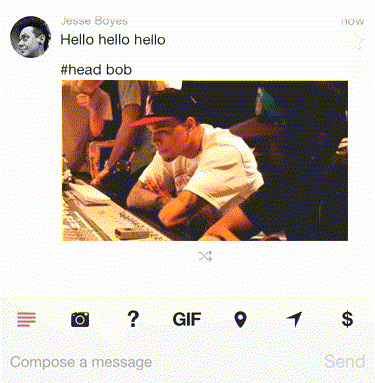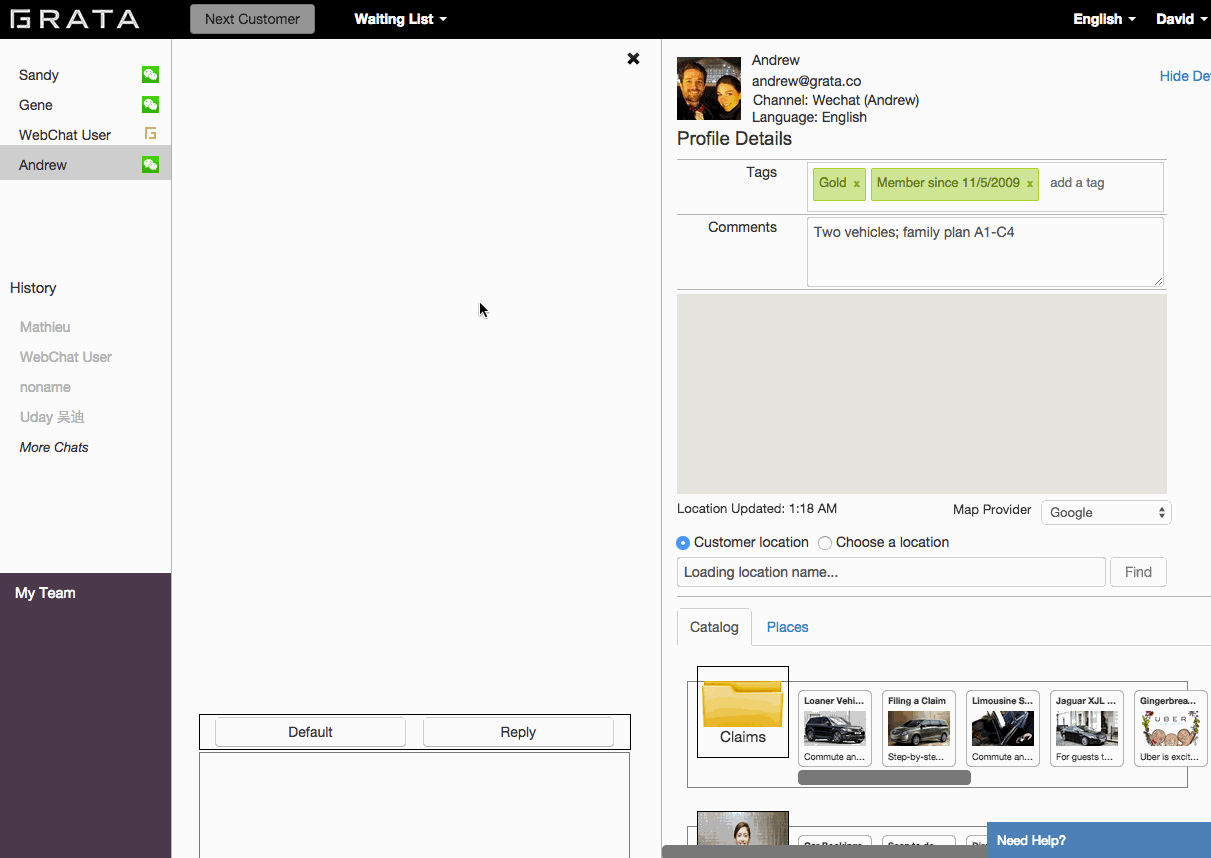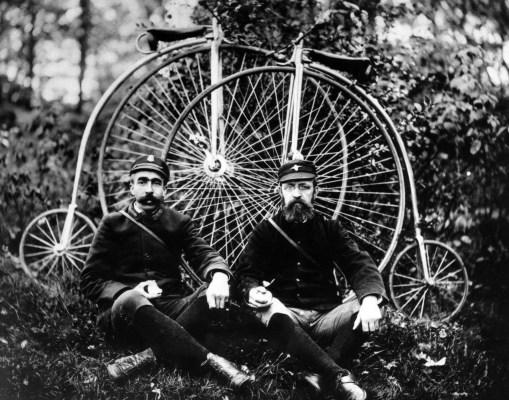Editor’s Note: Tom Limongello is vice president of product management at digital marketing firm Crisp Media.
It took Dasher.im three months to get its first angel investment via message. The NYC startup, built by Jesse Boyes, previously head of mobile development at Gilt Groupe, had set up Venmo payments to send right in the stream of the chat app. For the first few months the main use of payments was to add your $0.02 as a sort of emoji replacement to punctuate your advice at the end of a polite disagreement.
Then Jesse saw his payments spiking, and thought it was fraudulent behavior and went over to the Venmo annotations to investigate. It was later confirmed, an angel had sent a $15,000 transaction via the chat stream in Dasher to an entrepreneur to fund a startup.
Paying via chat sounds like the future. Recently, in the lead-up to F8, Facebook leaked that payments were coming to Messenger. A week later in the F8 keynote Mark Zuckerberg and David Marcus cracked the door open to Messenger Platform for expression-enhancing apps and opened the shades to what customer service for merchants will look like with Business on Messenger.
The immediate reaction to these announcements was that Facebook must open up further and to do so it needs to let its native guard down and just love the open web, because Asia is just so far ahead and, well just, Asia.
Facebook wants to give developers tools that make sense for the use cases that Facebook defines. Just plugging Facebook Connect and payment authentication into the browser for everyone, “certainly doesn’t sound like the future” if I can borrow Zuckerberg’s phrase again. Instead, what we saw at F8 was that Facebook applied the two messaging strategies that it saw were winning and adapted them in ways that work for Facebook.
The first move was to adapt Line’s federated app strategy for enhancing the communication experience through greater expression tools in its photo-editing apps. Instead of Facebook building all the apps like Line did, Facebook applied its own Applinks.org initiative as a method for developers like Giphy and a litany of others to offer their own navigation, discovery and editing tools.
Facebook then adapted WeChat’s model of giving businesses chat profiles. The twist here is, instead of making Facebook users find QR codes as it works on WeChat and as Facebook tested in their Rooms experiment, Facebook will supply “send to messenger” buttons for web. Those buttons send messages right away, skipping WeChat’s step which requires you to follow a business to interact with it as if it were a publisher.
Facebook maintains that “This Journey is only 1% Finished.” So if we’ve only seen the first two moves, what does the future of messaging look like? More important, what if we just don’t like the way that Facebook has implemented how we pull in content from other apps? Jesse Boyes has found through testing out Dasher that although sending GIFs is fun, constant browsing and editing made for a poor chat experience where one user is always running away from the chat and stressing over the GIFs they want to use.
Why not just let the user write a hashtag and have the GIF populate automatically, and add a little shuffle button if the GIF isn’t right? That way, both chatters see all the funny but wrong GIFs as you make your choice.

If you pick a winner after you’ve found the right UX, you are half way to what GGV’s Jeff Richards calls the kingmaker strategy. The next step after picking a winner to feature is placing a very large venture capital bet on them, which is what Chinese companies from Alibaba to Xiaomi have been doing in recent years. For example, WeChat, which is owned by Tencent, only features Didi Dache for taxi hailing. By picking a winner, WeChat streamlines the user experience to single button and it gives Didi Dache massive scale.
Incidentally, Google has used the kingmaker strategy for Google Ventures Portfolio company Uber in the directions feature for Google Maps where at the bottom, there’s an alternative to get an Uber instead of walking, biking, driving or riding the train. Facebook doesn’t seem to play favorites, instead it is constraining use cases as much as possible to force winners to rise to the top.
Business on Messenger, as of now, is a very narrow use case by design. Facebook has shown only one example, Zendesk, that will help Everlane as the live chat provider. Facebook learned from WeChat that you can better manage the conversations between customers and businesses via chat than email or phone because chat has a clean, readable history of the conversation and receipts. One company that is signing up to be a part of that program that brings experience working with WeChat is called Grata.
Grata’s Founder, Andrew Schorr has been working with WeChat for the past five months and their use cases go well beyond tracking packages, and gets to the heart of how chat can be considered the ultimate concierge:
Messaging apps are using everything a smartphone was built for. WeChat updates that location every five seconds, and we can send a map as well as a push to talk message in the local language to give directions to a taxi driver. We see two or three different input styles in an average chat, from taking a photo of a business card to texting proper names so that there’s no chance to get the Chinese characters wrong. A guest in a hotel room will send a picture of a coffee platter that was just delivered without milk, send a voice message like ‘what happened to my milk’ and text their room number to make sure that they have it.

If we look to the WeChat platform, specifically I mean if I were to get on my iPhone and change the language settings for the whole phone to Chinese, and say that I’m in Shenzhen, then I can have a look at what WeChat considers the future. Grata has profiled this new set of services and translated them as WeChat’s “City Services.” We’ve already heard how with WeChat you can buy plane tickets, get a taxi, and top up your prepaid mobile phone credits.
City services is where chat enters the realm of government interactions, e.g. emergency calls to the police replaced by chat, as well as things like booking doctors appointments and paying traffic tickets. For Facebook to move into such vast arenas of services without employing the kingmaker strategy or just picking a winner to feature will be a big challenge for user experience design.
Just as our phones may have too many apps on the home screens and in folders, there will be too many choices within Messenger soon for each use case, and Facebook may need to resort to grids of intents, which makes it hard (if not silly) not to just point to a particular app.
Facebook’s acquisition of Wit.ai could mean that there’s a semantic solution ahead of resorting to app grids or folders. Facebook could start pulling apps into the chat stream based on contextual relevance or usage. Jonathan Libov of USV has done a great job imagining the future of text and messaging GUIs, in particular how platforms could let apps show up in stream as intent options based on the context of the text written in our conversations.
Until then, you can be sure Mark Zuckerberg will continue to listen for what sounds like the future.
